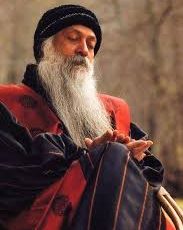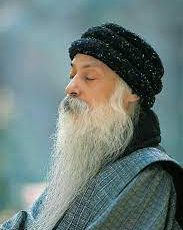The mystic approach toward life is the search for ultimate bliss. It has no concern with God as such, directly. Of course God comes into the experience of the mystic, but his search is for bliss. When he finds bliss, he finds God too, as the other side of the coin. Hence mysticism has no ideology of atheism or theism. It does not have any beliefs; it is simply an inquiry into truth, into the very truth of existence. Anybody can be a mystic — no belief is required. Buddha is a mystic without any belief in God, without even a belief in the soul. If one looks from the outside, Buddha is one of the most atheistic persons who ever walked on the earth. But if one looks from within his being, then he is the greatest theist ever. That is the mystery of mysticism.
Ordinary religion believes; the mystic experiences. And about bliss there can be no quarrel, no argument; everybody is seeking it. The theist, the atheist, the Christian, the Hindu, the Mohammedan, the Catholic, the communist — everybody is seeking it. And not only man: animals, birds, trees: all that is moves toward bliss, knowingly, unknowingly. The mystic moves knowingly: that’s the difference— the difference that really makes a difference — because if you are moving unknowingly, it is almost impossible to achieve it. It is only through deep, deep, consciousness that one can attain the ultimate peak of bliss.



